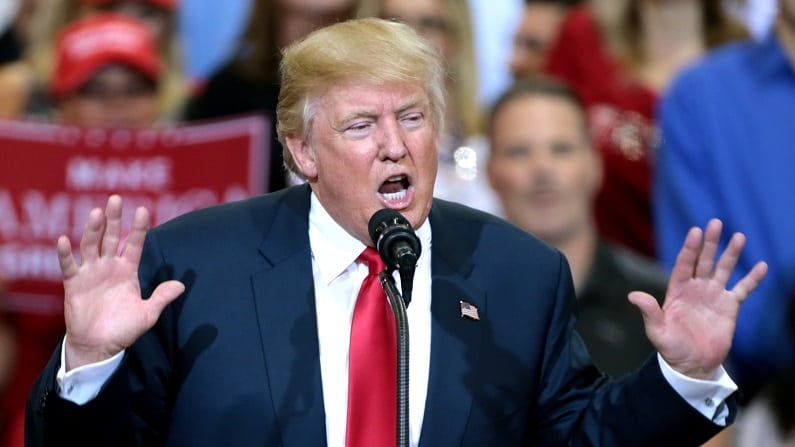The impeachment of Donald Trump would not plunge the US into a recession contrary to claims the president has made, Cannacord Genuity senior managing director and chief market strategist Tony Dwyer has said.
Speaking to Portfolio Adviser, Dwyer said US fundamentals look stronger than ever meaning an impeachment is more likely to create a “temporary disruption” in markets as opposed to a sustained downturn.
The president unveiled his doomsday prediction last month on Fox News segment “Fox & Friends” days after his former attorney and fixer upper Michael Cohen plead guilty to eight criminal counts, including tax evasion and campaign finance violations.
“I’ll tell you what, if I ever got impeached, I think the market would crash,” he said during the interview, elaborating that without his “thinking” recent gains would reverse and “everybody would be very poor”.
Impeachment precedents
The US market had “two polar opposite reactions” to “presidential drama” in a similar vein – the resignation of Richard Nixon and the impeachment of Bill Clinton, the Canaccord strategy guru said.
The S&P 500 fell over 50% between January 1973 as the events of Watergate unfolded, and Nixon’s resignation in August 1974.
By contrast the index edged up 0.4% during the time between Clinton being impeached in December 1998 and when he was acquitted in February 1999.
The polarised outcomes have a lot to do with the economic fundamentals at the time of each event, said Dwyer. The US was in the throes of a bear market during the Watergate scandal and at the tail end of the second longest bull run during the Clinton era.
The global economy’s resilience to turbulence in recent years, from the surprise US election result to escalating trade wars further, reinforces this view that “politics create volatility, fundamentals create direction”.
Recession years away
Dwyer said the economic data points and credit situation in the US both look “terrific” and point to a recession being much further down the line.
The ISM Manufacturing Purchasing Managers’ Index and the National Federation of Independent Business (NFIB) Optimism Index both touched record highs in August at 61.3 percentage points and 108.8 respectively. The Manufacturing PMI data doesn’t indicate an economic downturn for another two and half years to three years, while the NFIB survey puts this even further back at four years.
Consumer confidence, which Dwyer notes is driven by the state of California which “universally dislikes him”, is also at a historic high.
“What’s more important a tweet or data from people that are building and spending?”











